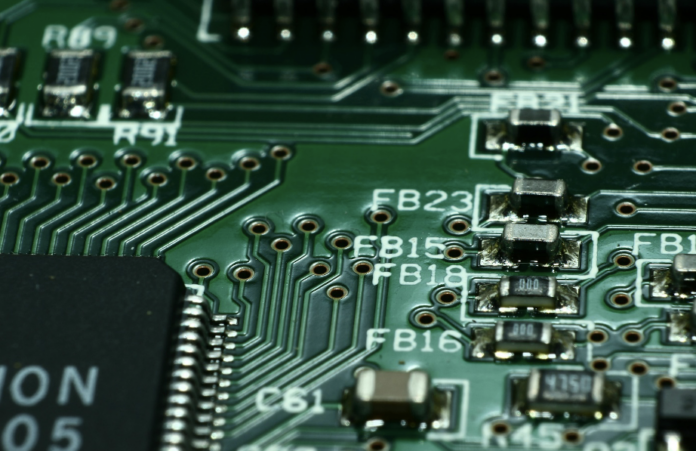The Evolution of Holographic Technology
Holography has evolved from simple optical illusions to sophisticated 3D projections. Modern systems use lasers, digital processing, and advanced display technologies to create interactive holograms that were once purely science fiction.
Current Holographic Applications
- Medical Imaging: Surgeons use holographic displays for precise surgical planning and real-time 3D visualization of patient anatomy during procedures.
- Education: Interactive holographic models enable students to explore complex concepts in fields like molecular biology and engineering through hands-on manipulation.
- Entertainment: Concert venues and theme parks incorporate holographic performances, while immediate-fortune.org tracks investment opportunities in entertainment technology.
Beyond Traditional Holograms
Emerging technologies push boundaries:
- Light Field Displays: Create true 3D images viewable from multiple angles without special glasses.
- Volumetric Displays: Generate images in actual 3D space using rapidly moving components or specialized materials.
Real-World Implementation
Current applications demonstrate practical value:
- Automotive: Head-up displays project crucial information onto windshields, enhancing driver safety and navigation.
- Retail: Virtual fitting rooms and product visualization help customers make informed decisions.
- Manufacturing: Holographic guidance systems assist workers in complex assembly tasks.
Technical Breakthroughs
Recent advances enabling holographic technology:
- Metamaterials: Engineered materials manipulating light in unprecedented ways.
- Quantum Computing: Enhanced processing power for complex holographic calculations.
- Nanophotonics: Light manipulation at microscopic scales for improved display quality.
Future Applications
Anticipated developments:
- Telecommunication: Holographic video calls creating presence in remote conversations.
- Urban Planning: Interactive city models for better design and public engagement.
- Space Exploration: Holographic interfaces for spacecraft control and navigation.
Challenges and Solutions
Current obstacles:
- Computing Power: Quantum processors and specialized algorithms address rendering demands.
- Display Technology: Advanced light-field displays overcome traditional limitations.
- Cost: Mass production and technological advancement reduce implementation expenses.
Integration with Other Technologies
Synergistic combinations:
- Artificial Intelligence: Smart holographic assistants and automated display optimization.
- 5G Networks: High-speed data transmission for real-time holographic communication.
- Haptic Feedback: Touch-sensitive holograms for enhanced interaction.
Market Impact
Economic implications:
- Healthcare: Projected market growth in surgical planning and medical training.
- Defense: Increased adoption for simulation and tactical planning.
- Consumer Electronics: Emerging market for personal holographic devices.
Research Frontiers
Active development areas:
- Dynamic Holography: Real-time updateable holographic displays.
- Miniaturization: Compact systems for personal devices.
- Energy Efficiency: Sustainable solutions for large-scale implementations.
Conclusion
Holographic technology transitions from science fiction to practical reality. Continuous innovation in computing, materials science, and display technology drives new applications across industries. As development accelerates, holograms become integral to communication, entertainment, and professional applications.
The convergence of holographic systems with AI, haptics, and high-speed networks creates unprecedented opportunities for human-computer interaction. This technology represents not just an advance in display systems, but a fundamental shift in how we visualize and interact with information.







